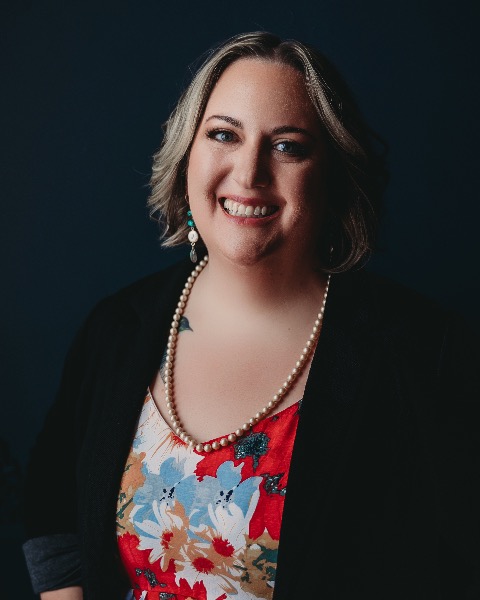E-Poster
Teaching Methods and Learning Styles
Disability and Social Work: Incorporating Disability Conversations Into the Classroom

Leslie Anne Moorehead, LICSW (she/her/hers)
Doctoral Candidate
Our Lady of the Lake University- SB
Sandra Briseno-Rosas, n/a
PhD Student
Our Lady of the Lake University
Presenter(s)
This poster presentation highlights the use of experiential assignments to support social work students in considering accessibility and inaccessibility of outdoor spaces through the use of the Outdoor Livability Assessment Tool. This increases understanding of how disabled individuals navigate the world and considers the impact of internalized ableism.
Learning Objectives:
At the end of this session, attendees should be able to:
- Upon completion, participants will be able to define the social model of disability. Attendees will recognize how systemic barriers and ableism shape the lived experiences of disabled individuals as well as how social workers can help advocate against societal barriers.
- Upon completion, participants will be able to include disability-specific assignments in a variety of social work courses that consider the experiences of disabled individuals. This includes exploring strategies for integrating experiential assignments into social work curricula to foster greater empathy and advocacy for disabled individuals.
- Upon completion, participants will be able to cultivate disability culture and joy in social work practice. This includes learning how to teach social work students to appreciate the richness of disability culture and joy, moving beyond deficit-focused narratives to include strengths-based, celebratory perspectives of disability.
